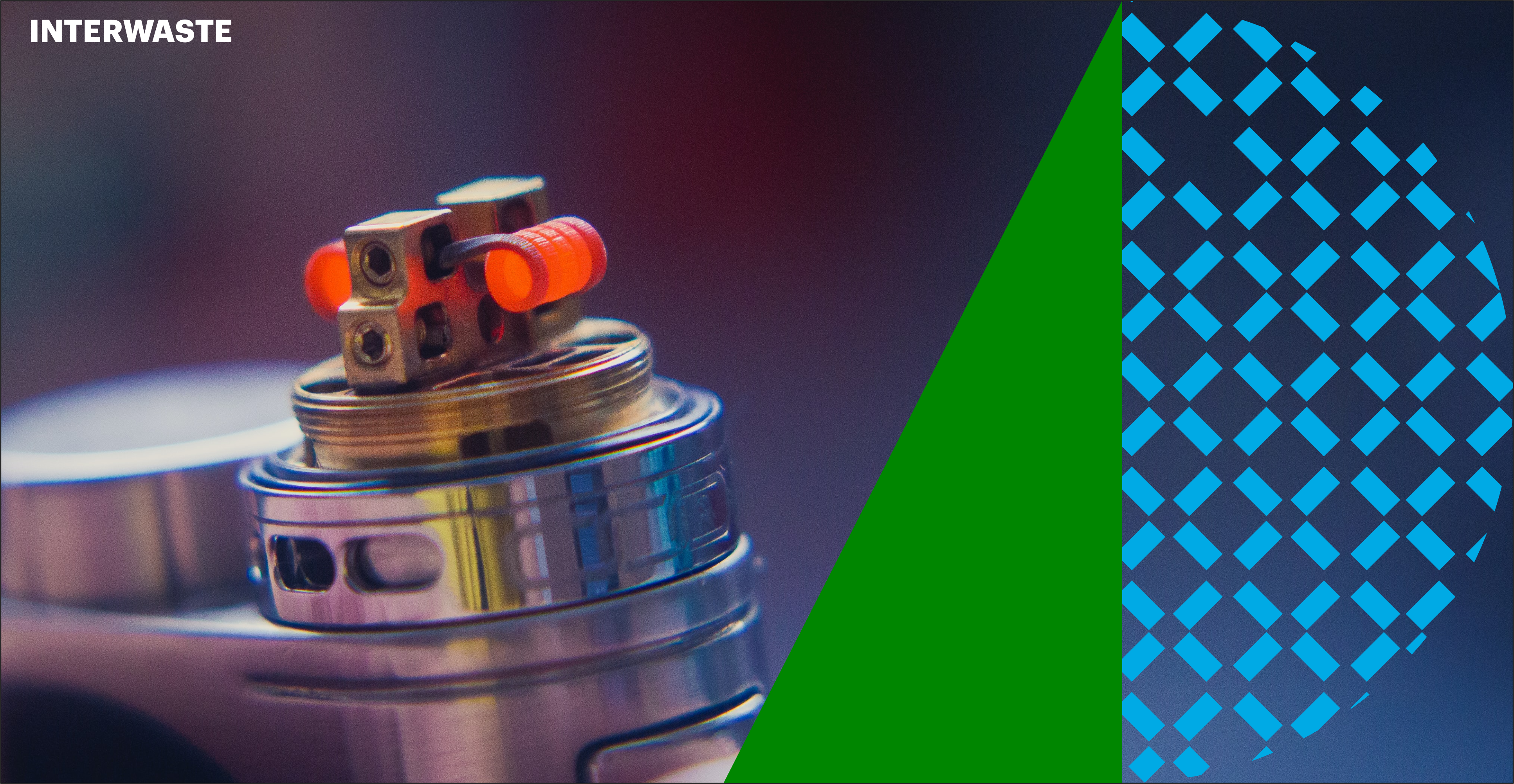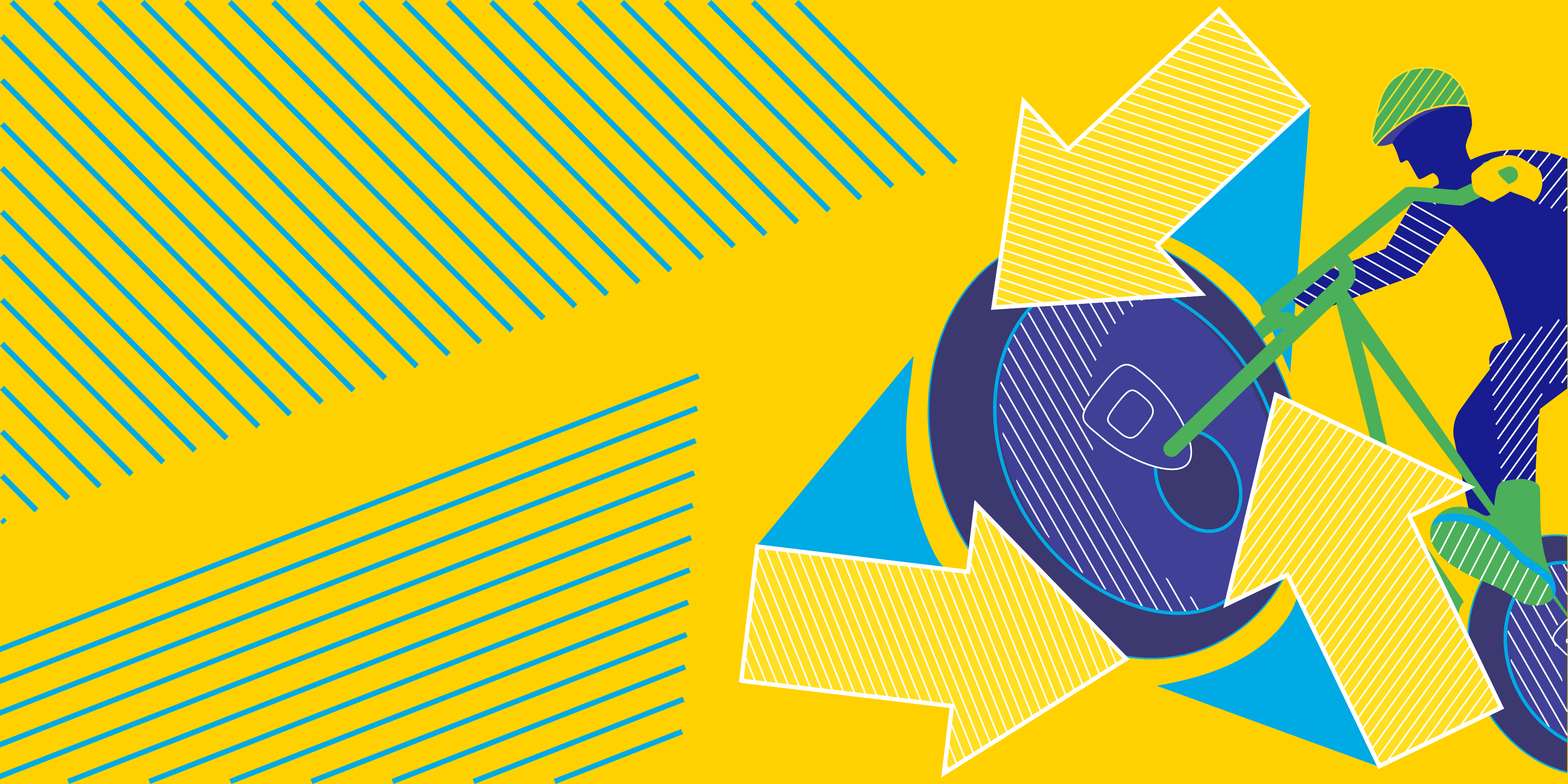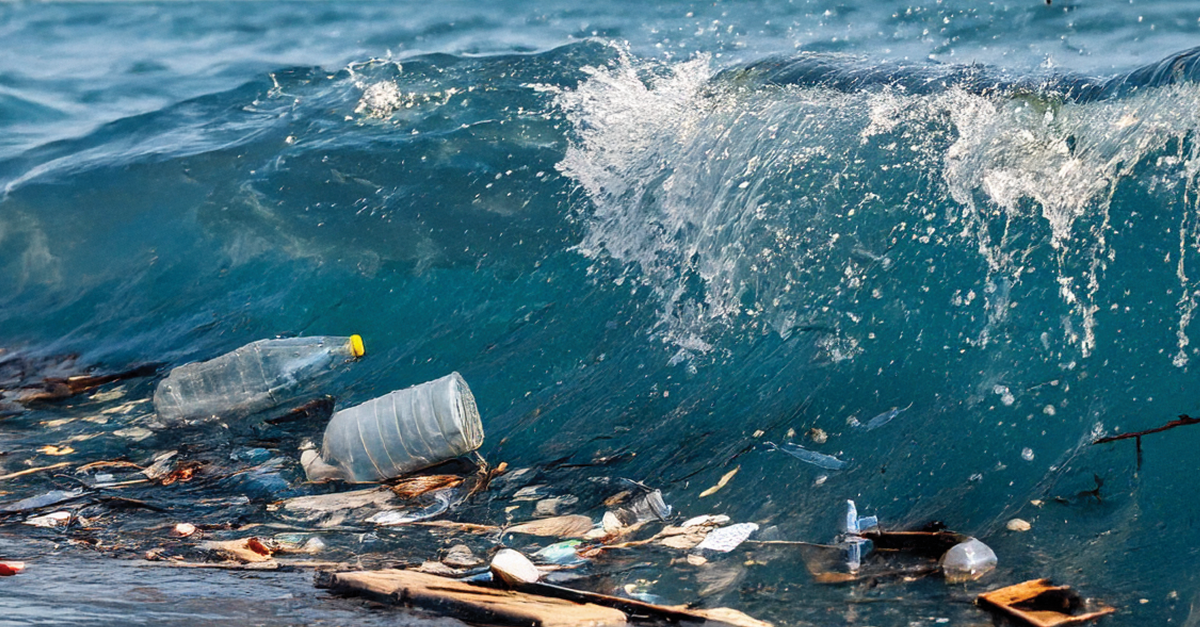
So, we know smoking is harmful for us – and discarded cigarette butts are extremely bad for the environment, however, a new problem that exists is that the so-called alternative - e-cigarettes or vapes –are also having an impact on our environment. These products use disposable vapes, pods or cartridges, e-liquid containers, packaging and vape batteries – all of which are presenting a unique and challenging position for waste managers.
Let’s just take a look at the impact of the pods. These are small plastic cartridges that hold the nicotine liquid. You use it once, then throw it away. These are single-use plastic products, and we know that plastic does not biodegrade like organic materials and can take years to decompose. Additionally, these pods can’t be recycled with other plastic waste because they contain nicotine, and other toxic chemicals, which are regarded as hazardous waste. And that’s if people don’t just throw them away, like litter, where they then become a problem for wildlife and pets, who could eat these and ingest the poisons.
Vapes or e-cigarettes are also contributing to e-waste, given their parts contain lithium-ion batteries. We know that as batteries degrade, their chemicals leach into the environment, when not disposed correctly. Furthermore, if batteries are merely placed in dustbins, they could present a fire risk if damaged or exposed to high heat.
So, with vapes we now have the challenge of increased single use plastics and an increase in electronic waste. In fact, if we consider that there are an estimated 350 000 vapers in South Africa – that is a lot of potential waste and a massive harmful impact on our already challenged environment.
Yes, some e-cigarette manufacturers offer recycling programs, which we applaud, with the incentive of discounted or free products for x-amount of “vapes” returned. However, the problem that exits is that that the proper disposal of e-cigarette cartridges, requires removing the filler material, rinsing it until all nicotine is removed, and then wrapping it in biodegradable material. The cartridge itself should be similarly cleaned and sealed and then recycled as you would any other plastic waste. Will South African go to all this trouble? We can only hope so.
Environmentally, this is not a ‘healthy’ alternative. However, this market is expected to grow to $62 million by 2024and so, we foresee that this waste stream will become a crucial one for waste managers to consider – either in finding recycling and reuse alternatives through innovative solutions or finding ways to ensure safe destruction. It will also be important for this industry to be regulated more stringently, if we hope to see a change.
This will be an interesting space to watch!



SUBMIT YOUR COMMENT